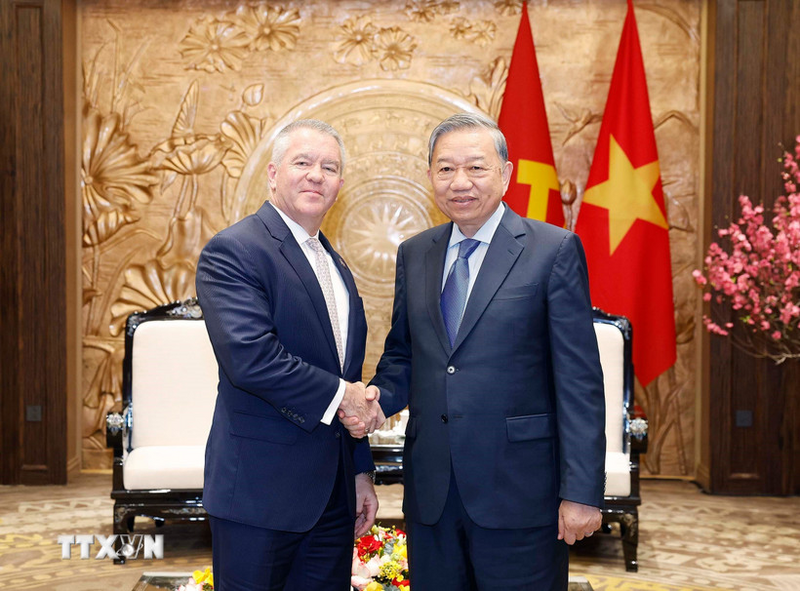
Vietnam ready to deepen comprehensive cooperation with the US
19:05 | 23/03/2025 08:30 | 15/02/2026News and Events
Global partnerships driving systemic energy transformation
Amid persistent global economic and political headwinds that threaten progress on climate and development goals, the Global Energy Alliance for People and Planet is demonstrating how deep collaboration between governments, philanthropies, and the private sector can drive meaningful change. By transforming energy systems, creating millions of jobs, and addressing climate challenges in emerging economies, the Alliance is showcasing a model for systemic impact.
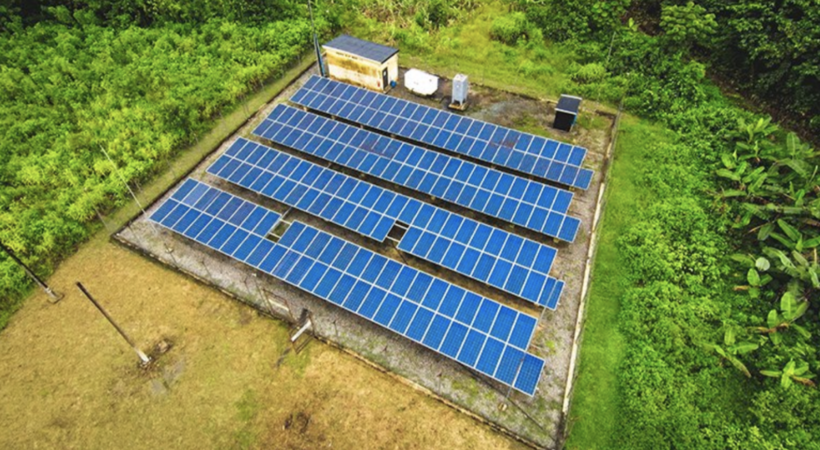
Solar mini-grids in Nigeria, one of the typical projects that The Alliance has been implementing
Its newly released 2025 Impact Report highlights how the Alliance’s public-private-philanthropy partnership model builds country-led coalitions and leverages catalytic finance and technical expertise to advance a sustainable energy future. Since its inception at COP26 in 2021, the Alliance has awarded 503 million USD in catalytic funding, helping unlock 7.8 billion USD in total investments and supporting 137 projects across more than 30 countries. These efforts are set to improve energy access for 91 million people, support or create 3.1 million jobs and livelihoods, and prevent 296 million tons of carbon emissions.
“The findings in this report prove the value of public, private, philanthropic partnerships and demonstrate that a just energy transition is a powerful engine for jobs and economic growth,” said Woochong Um, CEO of the Global Energy Alliance. “This report demonstrates that when governments, investors, innovators, and communities come together, we can drive systemic change, creating solutions that work locally and scale globally.”
Case studies from India, Africa, Latin America and the Caribbean, and Southeast Asia show how catalytic capital, technical expertise, and country-led coalitions are overcoming longstanding barriers. Solar mini-grids in Nigeria and mesh-grids in Haiti are bringing electricity to some of the most remote communities. In India, a first-of-its-kind battery energy storage project is providing reliable power to low-income customers.
In South Africa, training programs and institutional capacity-building are supporting a fast and fair energy transition. In Indonesia, a floating solar project is demonstrating how decentralized, climate-resilient systems can expand energy access in vulnerable geographies.
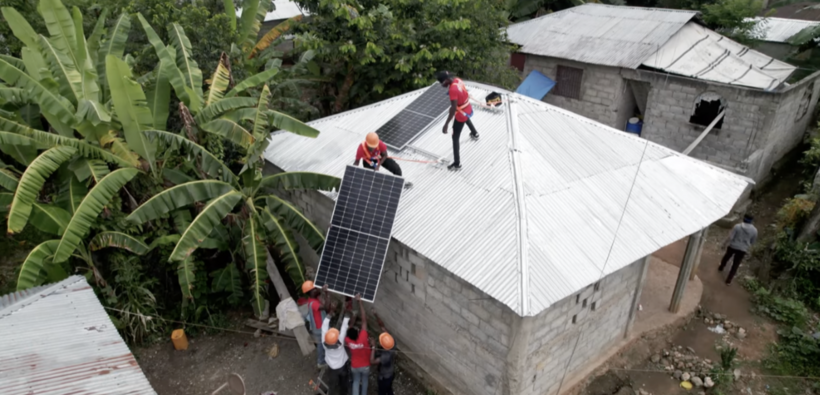
Mesh grid in Haiti consists of many small solar grids in residential areas, allowing households to share electricity with each other
The report also distills key lessons learned. Pairing finance with technical expertise is critical for building strong project pipelines and accelerating adoption. Solutions are most effective when they are country-led, market-based, and aligned with national priorities. Long-term alliances are essential for systemic change. Adaptable timelines, contingency budgets, and strong local partnerships are crucial to achieving lasting impact. Financing must be tied to measurable outcomes, supported by embedded data systems that enable progress tracking, adaptive management, and the generation of evidence to influence the wider energy sector.
Accelerating Southeast Asia’s energy transition
Southeast Asia has been one of the Alliance’s key focus regions. Rapid electrification in the region has brought to light persistent challenges, including dependency on traditional energy sources, limited grid modernization, and barriers to climate financing. The Alliance has played a role in unlocking 1.7 billion USD in finance, leading to the deployment or preparation of 37 clean energy projects. These initiatives are expected to improve energy access for four million people, support 77,000 jobs and livelihoods, and cut carbon emissions by an estimated 18 million tons.
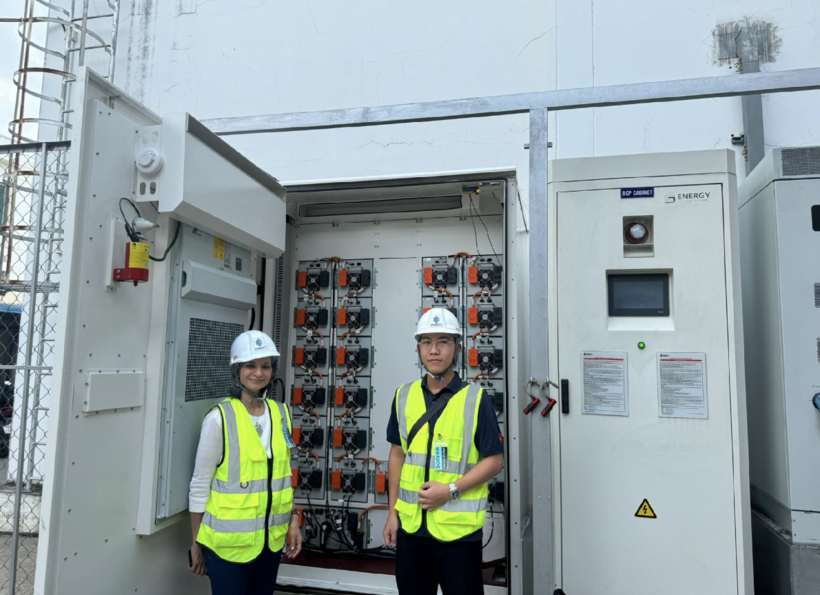
In Vietnam, the Alliance is supporting the development of a roadmap for integrating large-scale battery energy storage into the national grid.
To address financing barriers, the Alliance has supported platforms such as the Financing Asia’s Transition Partnership (FAST-P), a blended finance initiative that unites international public, private, and philanthropic partners to advance Asia’s decarbonization and climate resilience. It has also partnered with the Asian Development Bank to launch the Enhancing Access to BESS for Low-carbon Economies (ENABLE) platform, which will operationalize the BESS Consortium, mobilize funding and technical assistance for initial storage projects, and accelerate the sharing of best practices across the region.
“The clean energy transition in Southeast Asia cannot be achieved in isolation; it demands collaborative, concerted action across governments, development banks, the private sector, and communities. At the Alliance, we are committed to building these partnerships to unlock climate finance, modernize grids, and accelerate the deployment of renewable energy solutions,” said Kitty Bu, Vice President for Southeast Asia at the Global Energy Alliance.
In Vietnam, the Alliance is helping chart a pathway for large-scale battery integration into the national grid. Working with national authorities, it has established a BESS Task Force to develop technical standards, regulatory frameworks, and financing models that will accelerate deployment and support the country’s energy storage goals by 2030. These efforts are designed to build investor confidence while ensuring a reliable power supply for both households and industries.
“Vietnam is taking decisive steps to integrate storage into its energy system, showing that innovation and policy can go hand in hand. By establishing the Task Force, we are creating the building blocks for a stable, renewable-powered grid that supports both growth and resilience. These early moves will set the foundation for scaling storage solutions nationwide,” said Minh Nguyen, Country Manager for Vietnam at the Global Energy Alliance.
Looking ahead, the Alliance is focusing on deeper private sector engagement as the energy transition accelerates and financial and technological needs grow. Recognizing the potential of the ASEAN Power Grid initiative, led by the ASEAN Secretariat with support from the Asian Development Bank and the World Bank Group, the Alliance is providing catalytic support to Southeast Asian governments for their energy transition strategies. These collective efforts are expected to enable the reduction of an additional 100 million tons of CO2 emissions and add more than 13 GW of new renewable energy capacity across the region.

19:05 | 23/03/2025 08:30 | 15/02/2026News and Events
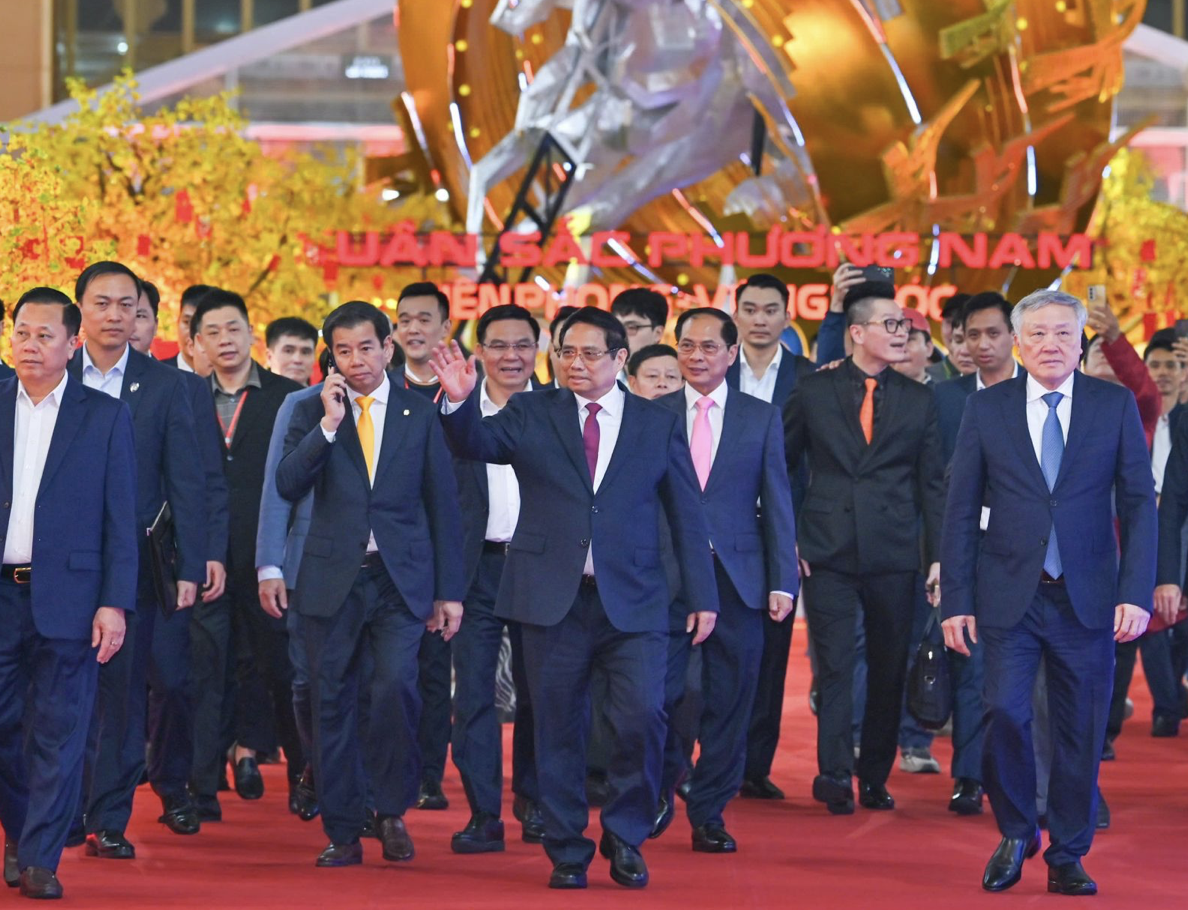
19:05 | 23/03/2025 08:25 | 15/02/2026News and Events

19:05 | 23/03/2025 16:44 | 14/02/2026Tourism
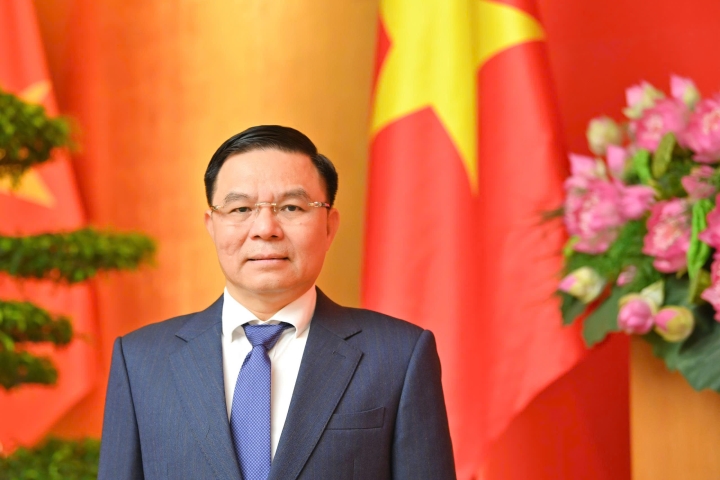
19:05 | 23/03/2025 16:33 | 14/02/2026Home Page
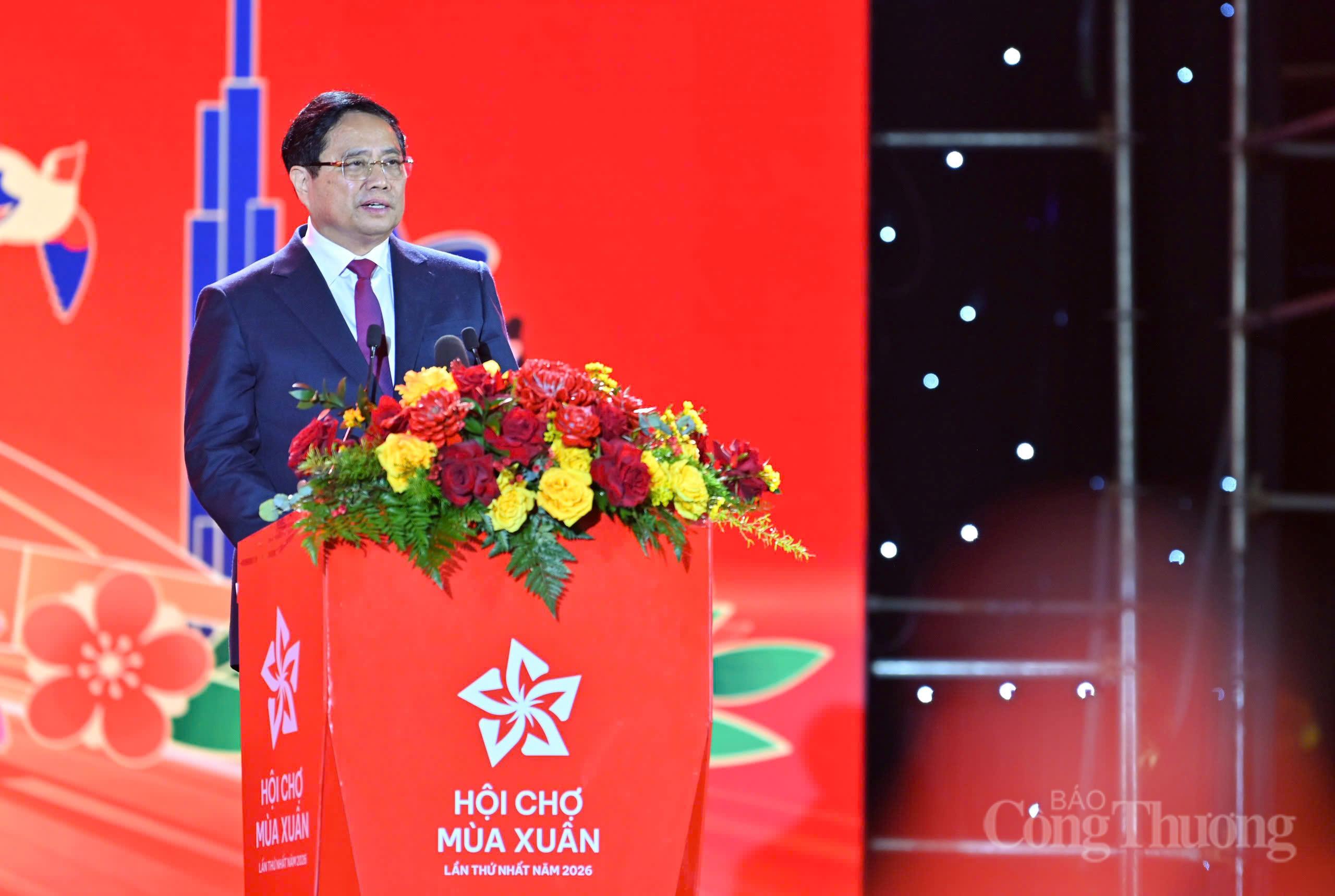
19:05 | 23/03/2025 16:32 | 14/02/2026Trade